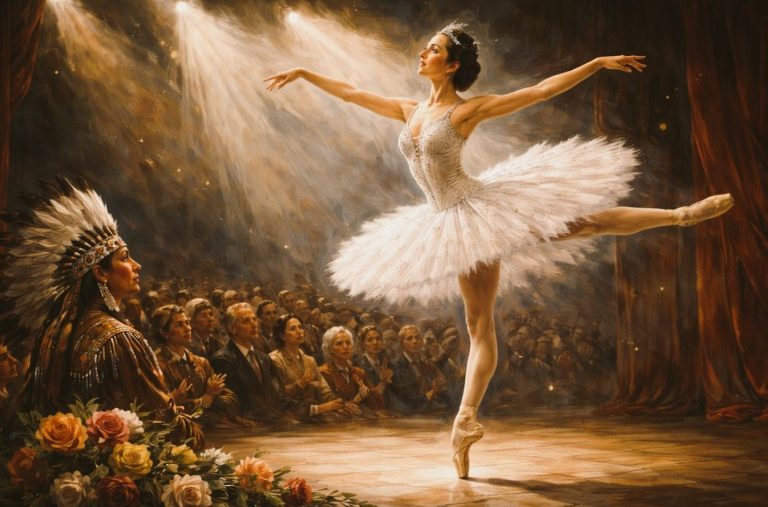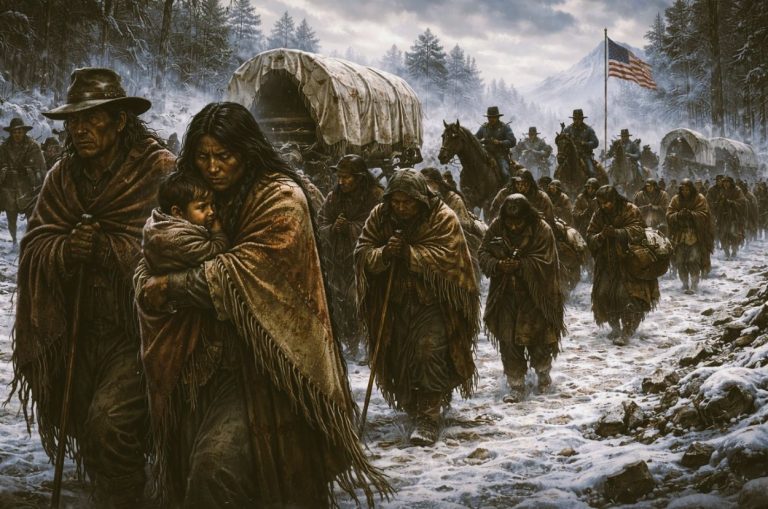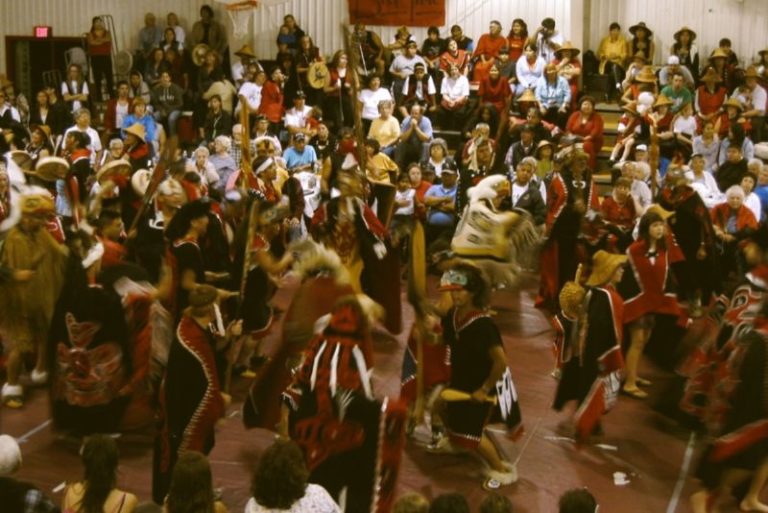
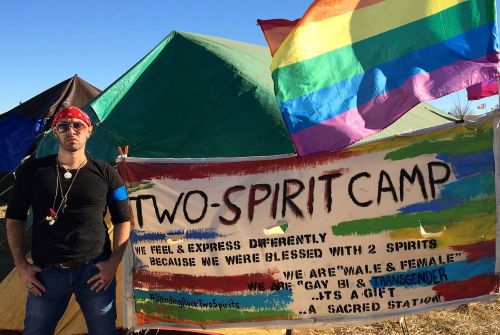
Two-Spirited Indigenous youth find themselves navigating multiple layers of marginalization.

By Matthew A. McIntosh
Public Historian
Brewminate
Introduction
In Indigenous cultures across North America, the Two-Spirit identity has long held sacred and respected status. Rooted in tradition, Two-Spirit people—those who embody both masculine and feminine spirits—have historically served as healers, visionaries, and community leaders (Jacobs, Thomas, & Lang, 1997). But the legacy of colonialism and the imposition of Western gender binaries have disrupted this cultural heritage. Now, amid broader political attacks on LGBTQ+ rights, Two-Spirited Indigenous youth find themselves navigating multiple layers of marginalization, with their identities under siege from both systemic neglect and targeted policies.
During Donald Trump’s first term and now into his second, sweeping rollbacks of LGBTQ+ protections exacerbated vulnerabilities for queer communities across the United States. For Indigenous LGBTQ+ youth—particularly those who identify as Two-Spirit—the convergence of racial, cultural, and sexual identity discrimination has resulted in a uniquely perilous reality.
The Political Landscape: Erosion of LGBTQ+ Rights
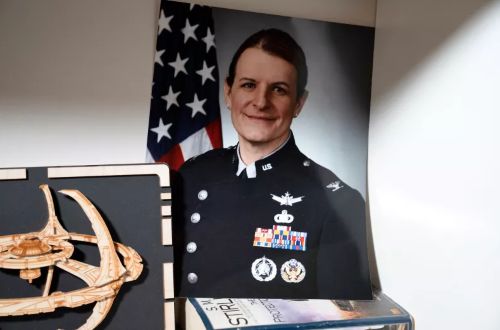
The Trump administration has overseen an aggressive dismantling of LGBTQ+ protections at nearly every level of government. This included:
- The withdrawal of federal guidance allowing transgender students to use restrooms corresponding to their gender identity (U.S. Department of Education & Department of Justice, 2017).
- A ban on transgender individuals serving openly in the military (Peters, 2019).
- Support for religious exemptions, enabling businesses and healthcare providers to deny services to LGBTQ+ people based on “sincerely held beliefs” (American Civil Liberties Union [ACLU], 2020).
- The rollback of healthcare protections, particularly under Section 1557 of the Affordable Care Act (NPR, 2020).
These changes disproportionately impact young LGBTQ+ people, especially those in rural and reservation communities, who rely heavily on public institutions for education, healthcare, and legal protection.
A Cultural Identity Under Siege
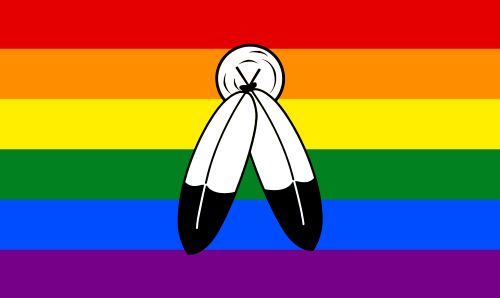
For Two-Spirit youth, the stakes are even higher. The term “Two-Spirit” was coined in 1990 during the Third Annual Intertribal Native American/First Nations Gay and Lesbian Conference in Winnipeg, Canada, as a pan-Indigenous term to reflect traditional understandings of gender fluidity. Prior to colonization, Two-Spirit individuals were integrated into tribal societies and honored for their unique gifts.
However, colonization not only criminalized non-heteronormative identities but actively suppressed Indigenous languages and traditions that supported them. Christian missionary efforts and federal assimilation policies imposed rigid gender roles and demonized Two-Spirit individuals. These legacies persist in the form of internalized homophobia, family rejection, and community ostracization.
The Trump administration’s rollbacks have served to further alienate and endanger these youths by stripping away what few protections had begun to emerge in recent years.
Real-World Consequences: Health, Housing, and Education
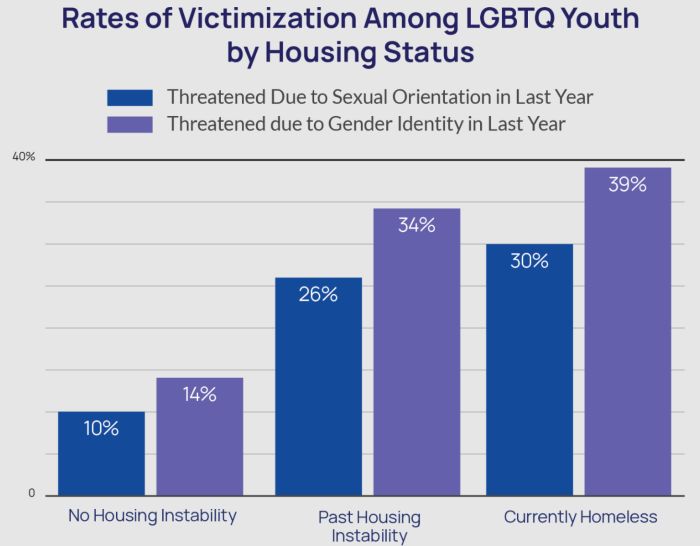
Two-Spirit Indigenous youth experience some of the highest rates of mental health crises, homelessness, and suicide among any demographic in North America. According to a 2020 report from The Trevor Project, LGBTQ+ Native youth are more than twice as likely to report experiencing discrimination due to their identity. Nearly 45% of Native LGBTQ+ youth reported seriously considering suicide in the past year—one of the highest rates among any racial/ethnic demographic.
The erosion of healthcare protections under the Trump administration—particularly those tied to gender-affirming care—are having immediate consequences. Many tribal and Indian Health Service (IHS) facilities, already underfunded and overstretched, were left without guidance or support to care for transgender and gender-diverse youth. Without legal recourse or policy backing, Two-Spirit youth found themselves navigating a system increasingly hostile to their needs.
In education, the rollback of guidance on transgender student rights has emboldened some school districts to ignore or actively resist implementing inclusive policies. This results in students being misgendered, barred from using appropriate facilities, or denied participation in school sports and extracurriculars—key spaces for social development and mental wellness.
Layered Marginalization: The Weight of Intersectionality

The Two-Spirit identity sits at the intersection of race, culture, gender, and sexuality, making its bearers uniquely susceptible to systemic neglect. Unlike other LGBTQ+ youth, Two-Spirit youth often face rejection not only from broader American society but also within their own Indigenous communities, where colonial Christianity and internalized bias have eroded traditional acceptance.
Many find themselves excluded from tribal leadership dialogues, ignored by federal LGBTQ+ advocacy efforts, and rendered invisible in mainstream policy discussions. Their specific needs—such as culturally competent care, language preservation, and spiritual inclusion—are rarely centered in public discourse or legislation.
Trump’s policies haven’t just reduce resources; they have legitimized prejudice. By signaling that queer and trans people are not worthy of protection, the administration emboldens local actors—from school officials to law enforcement—to act with impunity. For Two-Spirit youth living on or near reservations, where legal and jurisdictional boundaries are often convoluted, seeking justice or protection is particularly fraught.
Despite these challenges, Two-Spirit youth continue to rise—often with the support of grassroots movements and intertribal coalitions dedicated to cultural revitalization. Organizations like the Two-Spirit Journal, Native Youth Sexual Health Network, and the International Two-Spirit Gathering have created spaces for education, advocacy, and healing.
Ceremonial reclamation is a powerful form of resistance. Across many nations, elders and youth are working together to recover the language, songs, and teachings that affirm Two-Spirit identities. Powwows, youth gatherings, and cultural workshops increasingly include Two-Spirit categories and spaces, fostering community and visibility.
Moreover, a new generation of Indigenous activists—many of them Two-Spirit—are pushing back against the erasure and bigotry of past years. They are organizing online and on the ground, advocating for policy changes at the tribal and federal level, and building coalitions with other marginalized groups to demand justice.
Moving Forward: Centering Two-Spirit Voices in National Policy
The unique experiences of Two-Spirit Indigenous youth must be centered in any conversation about LGBTQ+ rights, Indigenous sovereignty, or youth welfare. This means:
- Restoring and strengthening protections for LGBTQ+ students and healthcare recipients.
- Investing in culturally competent mental health care through the Indian Health Service and tribal clinics.
- Including Two-Spirit voices in federal and tribal policymaking on youth, health, and education.
- Revitalizing Indigenous languages and traditions that affirm diverse gender identities.
- Supporting family and community education to counteract internalized colonial beliefs and rebuild traditional acceptance.
The Two-Spirit identity is not a modern invention or Western import—it is a deeply rooted, ancient part of many Indigenous cultures. As such, defending and uplifting Two-Spirit youth is not only a matter of human rights—it is an act of cultural survival.
In the face of political regression and enduring prejudice, Two-Spirit youth continue to embody resilience, reminding the world that identity, like sovereignty, is not granted—it is lived and reclaimed.
Originally published by Brewminate, 05.19.2025, under the terms of a Creative Commons Attribution-NonCommercial-NoDerivatives 4.0 International license.
